New Year Honours 2024: UK Scientist Awarded for Gravitational Waves Research
4th Jan 2024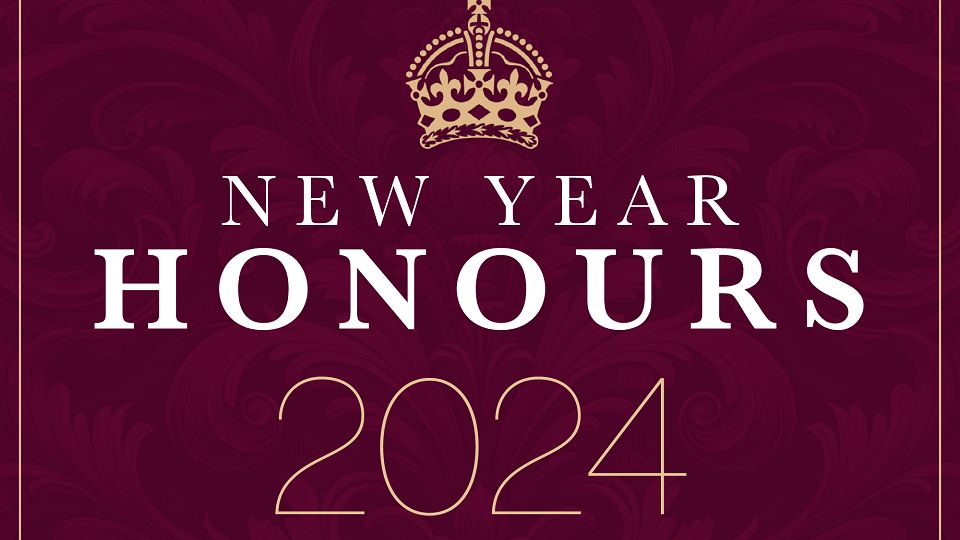
In a nod to the UK’s prowess in space science, Professor Adrian Michael Cruise, the driving force behind the Gravitational Wave Research Group at the University of Birmingham, has been recognized in the New Year Honours 2024 for his outstanding contributions to the field. The accolade places him in esteemed company among leading figures in UK astronomy, celebrating their exceptional achievements and service to the nation.
Professor Cruise awarded OBE for services to space
Professor Adrian Michael Cruise, currently Professor Emeritus at the University of Birmingham, played a significant role at the forefront of international space science research. His groundbreaking work contributed to the first confirmed detection of gravitational waves in 2015, marking a historic moment in our understanding of the universe.
Reflecting on the unexpected honour, Professor Cruise stated, “The fact that several UK space scientists have been rewarded in the New Year’s Honours list this year is a tribute to the strength of space science and astronomy in the UK, supported by the UK Space Agency and STFC. The space programme will inspire future generations of young scientists and engineers.”
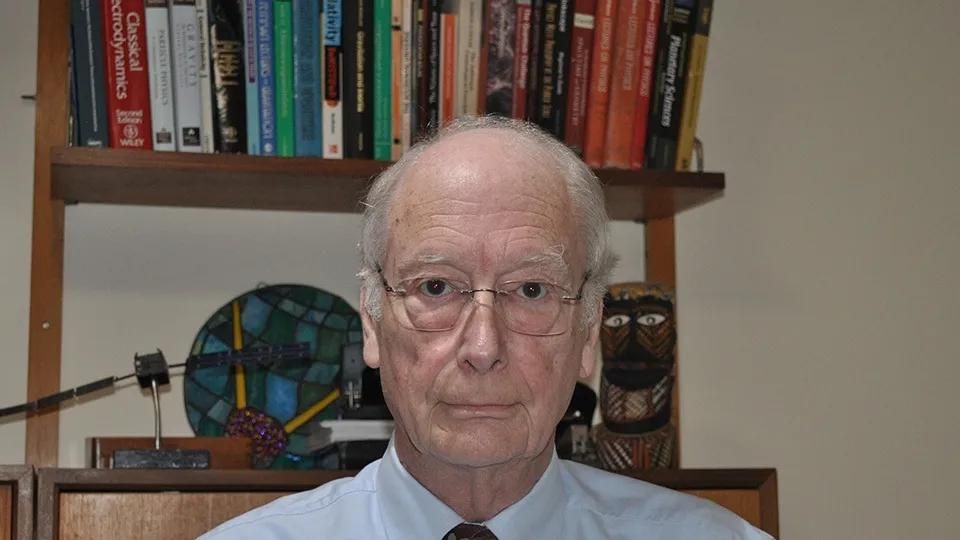
The New Year Honours list also recognizes the stellar contributions of other UK space scientists, including Dame Maggie Aderin Pocock for services to Science Education and Diversity, Professor Emma Bunce for services to Astronomy and Science Education, and Professor Philip Diamond for services to Global Radio Astronomy.
What’s behind Cruise’s gravitational waves discovery?
Gravitational waves, minuscule ripples in space-time predicted by Einstein a century ago, have captivated the scientific community. Professor Cruise’s work has been integral to their first conclusive detection in 2015 through ground-based observatories.
The current pursuit of understanding gravitational waves in greater detail has led scientists and engineers across the UK and Europe to collaborate on the development of LISA (Laser Interferometer Space Antenna), a space-based gravitational wave observatory. Set to launch in the mid-2030s, this European Space Agency mission involves three separate spacecraft flying in a triangular formation, linked by a laser measurement system – a project strongly supported by Professor Cruise.
Beyond his seminal contributions to gravitational wave research, Professor Cruise has been instrumental in supporting major UK investments in international space missions, including the Ariel and the Rosalind Franklin Mars rover. He chaired the UK Space Agency’s Science Programme Advisory Committee and led the Royal Astronomical Society as its President. As an elected member of the European Space Agency’s Voyage 2050 Senior Committee, Professor Cruise continues to shape the strategic direction of European space science.
New Year Honours 2024 – what is it?
Each year, the UK honours the achievements and service of extraordinary people across the UK. This tradition, embedded within the British honours system, unfolds on New Year’s Day, the 1st of January. On this day, new members of orders of chivalry and recipients of various official honours are formally announced. This practice is not exclusive to the UK; several other Commonwealth realms also observe this tradition, though a citation is needed to confirm this information.
Presented by the reigning monarch, currently King Charles III, or their vice-regal representative, the awards become official when published in supplements to the London Gazette. This longstanding practice has roots dating back to at least 1890, as evidenced by the publication of Queen Victoria’s awards list on 2nd January of that year.
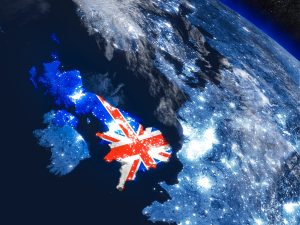



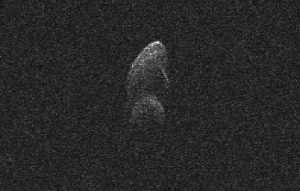
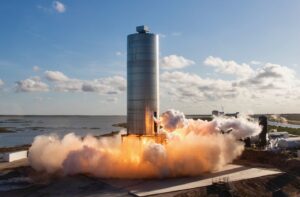
Thank you for your comment! It will be visible on the site after moderation.